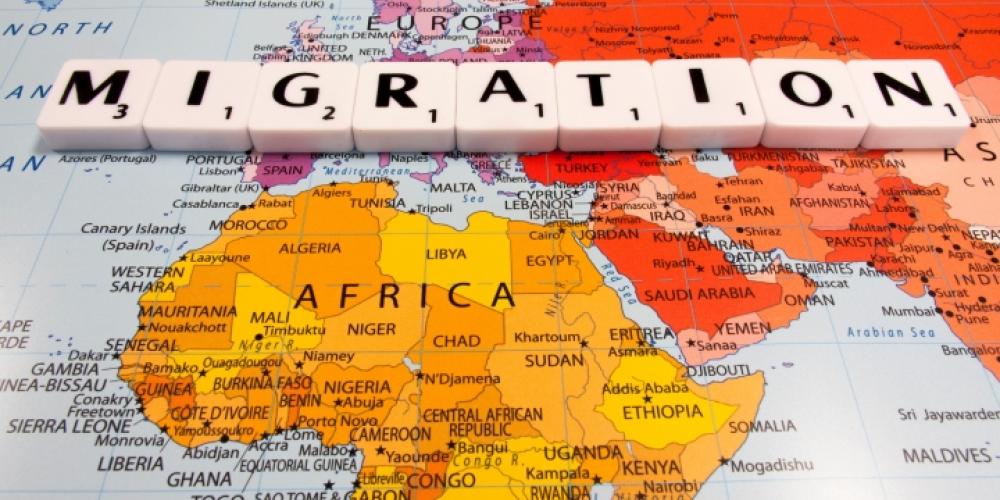
Agenda
Presentation of the research results by the project team:
Prof. Ilke Adam and Prof. Florian Trauner (Political Science Professors at VUB) - Prof. Ilse Ruyssen (Professor in Economics, UGent) - Dr. Sara Salomone (post-doctoral project researcher) and Leonie Jegen (project researcher)
Discussion of the research results by:
Omar Ba - former coordinator of African Platform (Belgium), historian and diversity consultant
Ndey Haddy Jeng - Deputy Head of Mission, Embassy of the Republic of The Gambia in Brussels
Kumut Imesh - refugee and documentary maker (who made a film of his migration ‘Revenir’ - founder and president of ACSORE - Actions of Solidarity for Refugees, France
When: Wednesday 3 April 2019 - 18:00-19:30
Where: United Nations University CRIS - Potterierei 72, 8000 Brugge
Registration via https://www.ies.be/content/eu-african-cooperation-migration-what-are-african-interests. The event will be followed by a small reception
UNU-CRIS AMIREG project - African Migration: Root Causes and Regulatory Dynamics
The AMIREG project is divided in two Work Packages which look respectively at the root causes of migration from Africa and multi-level migration governance in West Africa, particularly in Ghana and Senegal.
Work Package 1: providing a deeper understanding of the root causes of migration with a specific focus on the role of financial incentives and constraints. It also looks to identify the effectiveness of, and scope for, regional agreements to ease mobility responses to such geo-localized shocks. Both economic and non-economic determinants are being explored by exploiting an original suitable micro dataset which has not been largely explored in the academic literature yet.
Work Package 2: understanding the interest in, and the consequences of, a tighter regulation of mobility in West Africa as opposed to non-regulation. Moreover, AMIREG intends to investigate to what extent the regulatory agenda of intra-African migration is a product of interactions with external actors such as the EU (and its Member States) or the United Nations. The second work package moves beyond a purely empirical focus and develops a systematic and comparative case study design by focusing on migratory and regulatory issues in Senegal and Ghana. The two countries are relevant from the perspective of intra-African immigration and (international) emigration.